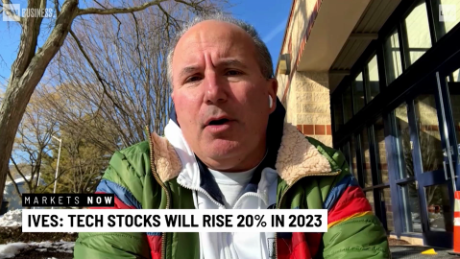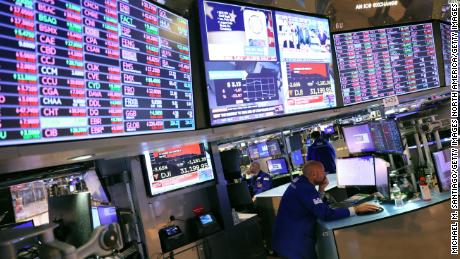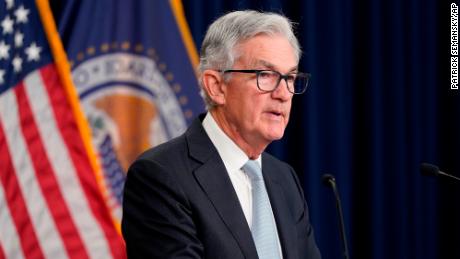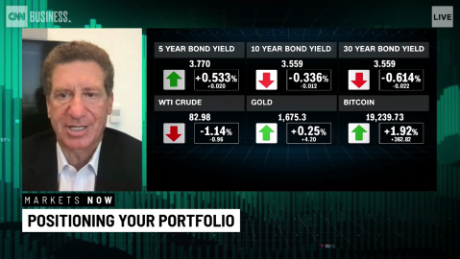London (CNN Business)Italy already had one of the highest debt mountains in the world before the pandemic pushed it into one of the deepest recessions of any major economy. It's still able to borrow money for free.
The most indebted EU economy after Greece on Tuesday issued a three-year bond that pays zero interest. Investors won't be paid anything until the bond matures in 2024.
It's the latest sign that there's very little preventing governments, backed by the firepower of their central banks, from borrowing whatever it takes to rebuild economies savaged by the pandemic.
Officials have already pumped trillions into their economies to cushion the impact of the crisis and are facing growing pressure to provide even more financial support to cash-strapped workers and businesses, particularly as a second wave of coronavirus infections threatens to derail the fragile recovery.
Federal Reserve chairman Jerome Powell said earlier this month that there is little risk of government overdoing stimulus, whereas too little support would lead to a "weak recovery."
Even the International Monetary Fund, known for taking a tough line with governments that rack up unsustainable debts, has cautioned against withdrawing aid too soon. "Preventing further setbacks will require that policy support is not prematurely withdrawn," chief economist Gita Gopinath said in a report published Tuesday.
Italy also sold longer-dated bonds at record low yields, despite a downgrade by Fitch Ratings in April that puts the country's credit rating one notch above junk. The IMF expects Italy's economy to contract 10.6% this year and forecasts government debt to exceed 160% of GDP by the end of 2020, up from 135% last year.
Italy's ability to raise debt so cheaply highlights how unprecedented intervention by central banks has created a disconnect between financial markets and the real economy.
"We are still in the midst of a global pandemic, [yet] Italy can fund itself for free," said head of rates strategy at Rabobank Richard McGuire. Investors are expecting even more support from the European Central Bank, he told CNN Business.
Bond investors are betting that the European Central Bank will turn on the stimulus taps again, possibly as early as December, by adding billions more to its $1.35 trillion asset purchase program.
Italy is also benefiting from plans by the European Union to transfer huge sums of money to the hardest hit states as part of a €750 billion ($882 billion) post-pandemic recovery fund.
The country is set to receive some €86.6 billion ($101.7 billion) from the fund, according to Berenberg chief economist Holger Schmieding.
"Thanks to the prospect that money will flow eventually, even fiscally challenged [EU] member states can now borrow at extremely favorable terms on markets," he said in a note to clients on Wednesday.




















